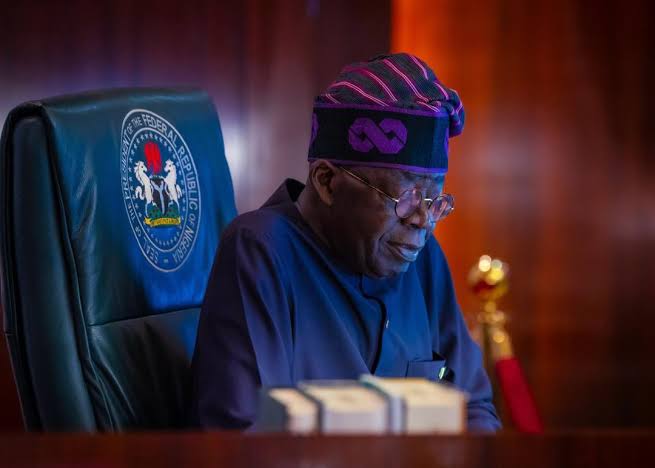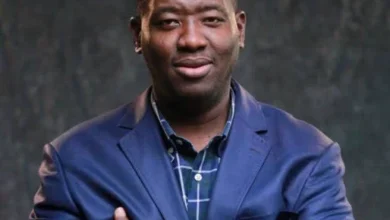Human Rights Lawyer Urges Tinubu To Declare State Of Emergency In Benue

Human rights lawyer and lead counsel to the Indigenous People of Biafra (IPOB), Sir Ifeanyi Ejiofor, has called on President Bola Ahmed Tinubu to invoke Section 305(1) of the 1999 Constitution of the Federal Republic of Nigeria (as amended) and declare a state of emergency in Benue State.
This, he argued, is necessary to stem the tide of ongoing massacres allegedly perpetrated by Fulani militants against the indigenous people of the state.
In a strongly worded statement issued on Tuesday and made available to our correspondent in Awka, the Anambra State capital, Ejiofor condemned the escalating violence and the apparent inaction of the state government.
He also issued a scathing rebuke to the Governor of Benue State, Rev. Fr. Hyacinth Alia, urging him to consider returning to the pulpit if the responsibilities of political leadership have become too burdensome for him.
Quoting Section 305(1) of the Constitution, Ejiofor noted that the President is constitutionally empowered to declare a state of emergency in any part of the country facing a breakdown of public order or imminent threat to life and property.
He maintained that the situation in Benue has clearly met and exceeded this threshold.
Ejiofor, a legal practitioner, public affairs analyst, and advocate for accountable governance, said that the persistent and coordinated attacks reportedly carried out by foreign militias infiltrating through the Cameroon border, as acknowledged by the Governor constitute a direct challenge to Nigeria’s national security and sovereignty.
He stressed that leadership in times of crisis requires more than symbolic gestures or evasive rhetoric.
“The Governor, as a former spiritual leader turned political figure, must recognise that in times of crisis, leadership demands constitutional fidelity, courage, and unequivocal action not deflection or denial,”
“If the burden of political office has become too heavy, perhaps a return to the pulpit may better serve his conscience and calling.”Ejiofor said.
The full statement reads:
“In light of the relentless and gruesome massacre of innocent civilians in Benue State, and following the recent exoneration of Fulani herdsmen by the Executive Governor, Rev. Fr. Hyacinth Alia, it has become imperative for the Federal Government under President Bola Ahmed Tinubu to invoke its constitutional mandate to protect lives and preserve national security.
Section 305(1) of the 1999 Constitution of the Federal Republic of Nigeria (as amended) empowers the President to declare a state of emergency where there is a breakdown of public order or imminent danger to life and property. Given the scale and persistence of the ongoing attacks allegedly perpetrated by foreign militias infiltrating through the Cameroon border as reported by the Governor this constitutional threshold has clearly been surpassed.
This is no time for political appeasement or partisan manoeuvring. The foremost duty of any government is the protection of its citizens and the defence of its territorial integrity. By absolving known actors and trivialising verified threats, the Benue State Government risks eroding the very foundation of national security coordination.
The Federal Government must empower the Nigerian security apparatus with full operational autonomy to launch comprehensive operations aimed at identifying, isolating, and neutralising the foreign insurgents terrorising peaceful communities. These unprovoked assaults on the aboriginal people of Yelwata and surrounding villages must be confronted with a unified national resolve.
The Governor, as a former spiritual leader turned political figure, must recognise that in times of crisis, leadership demands constitutional fidelity, courage, and unequivocal action not deflection or denial. If the burden of political office has become too heavy, perhaps a return to the pulpit may better serve his conscience and calling.
The lives of Benue’s indigenous peoples must never be reduced to political bargaining chips. Their only ‘crime,’ it seems, is their ancestral heritage and legitimate claim to their homeland. Nigeria stands at a crossroads. History will neither forget nor forgive those who remained silent or complicit in the face of a preventable genocide. The time for rhetorical posturing is over. The time for decisive constitutional action is now.
Let justice rise not as a whisper, but as a national roar. For every drop of innocent blood cries out not just for attention, but for justice.”





